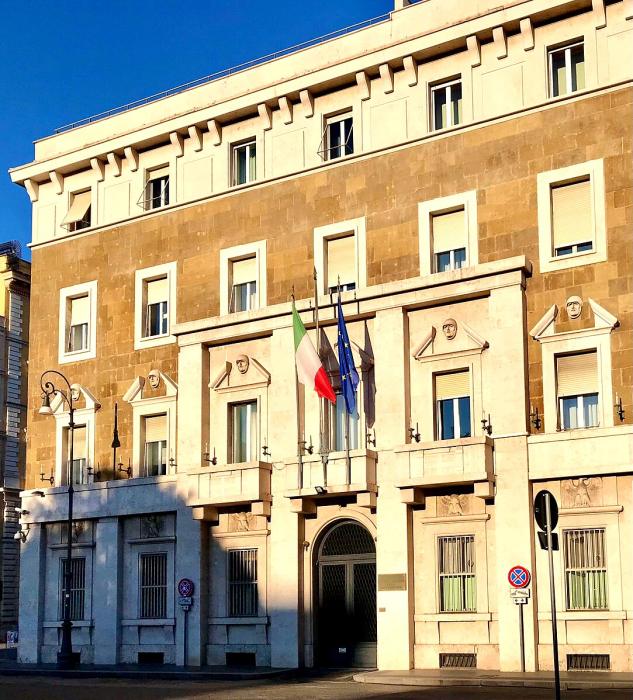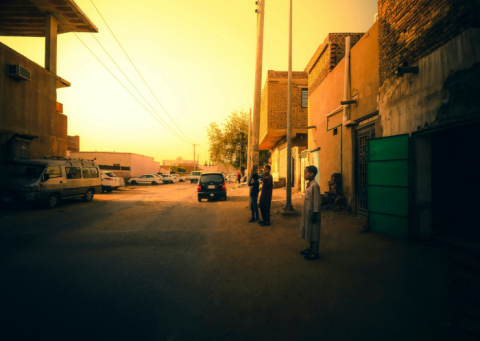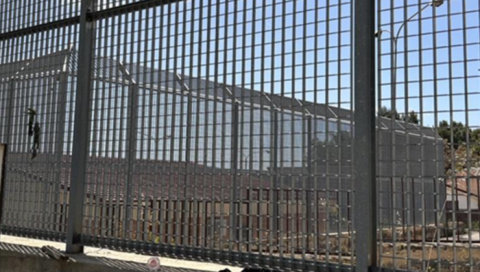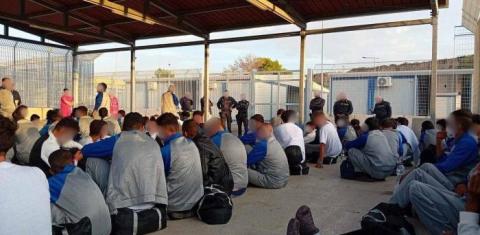
Power play: how Italy government uses migration and judicial reforms to dismantle democratic checks and balances for shaping international law
The article addresses the growing concentration of power within the Italian government, raising significant concerns about democracy, human rights, and international law. Key issues are highlighted regarding the government’s approach to migration and the judiciary. The article also contains a focus on the separation of judicial careers, a technical reform that risks undermining judicial independence and enabling the concentration of power in the hand of the government.
Language(s): Deutsch / German



